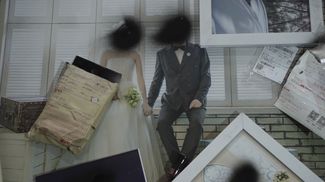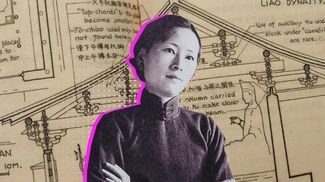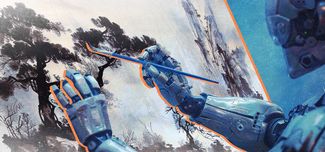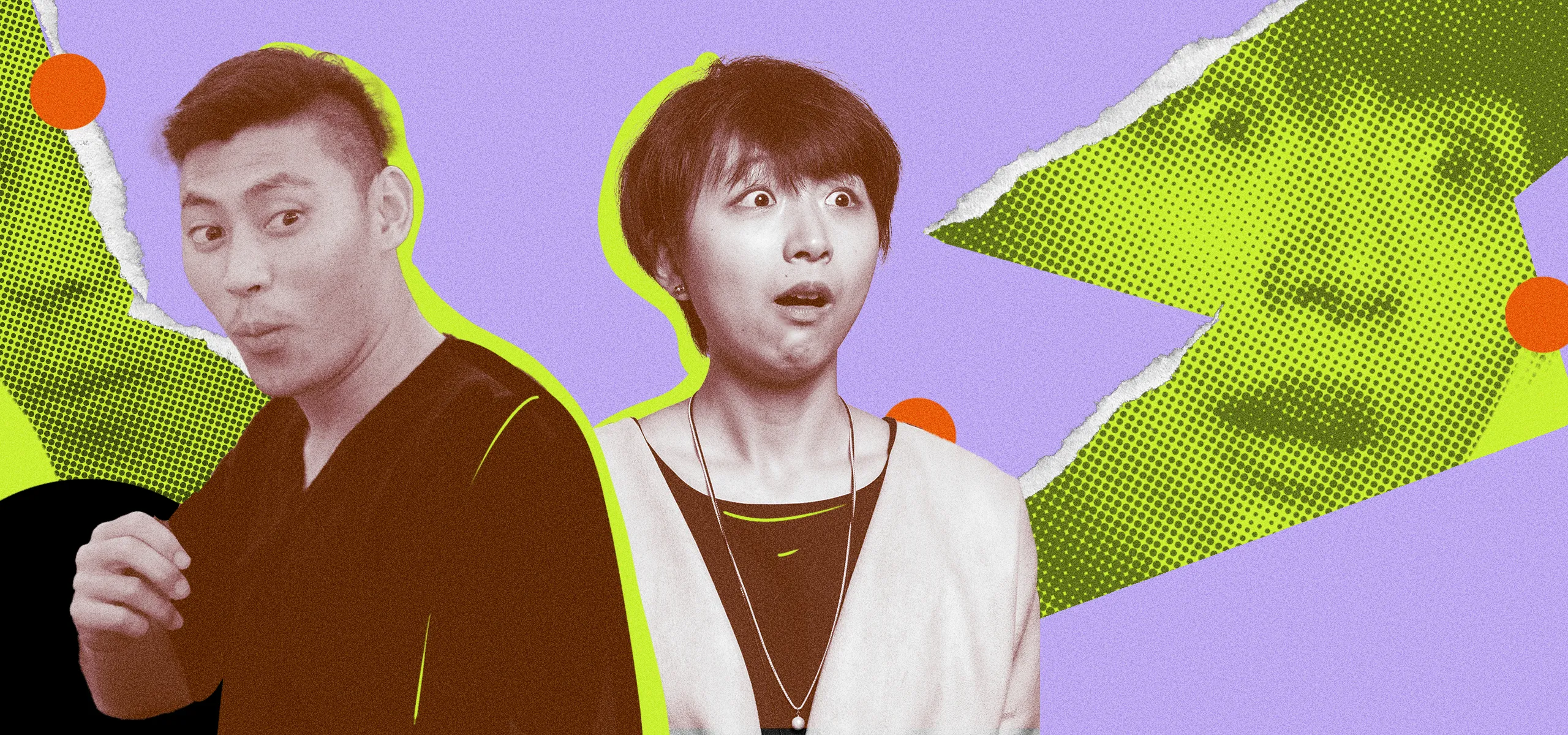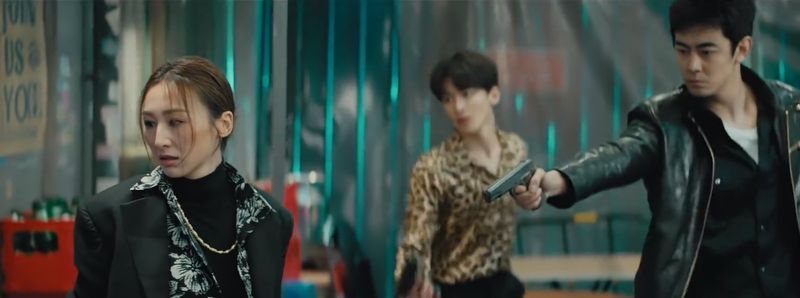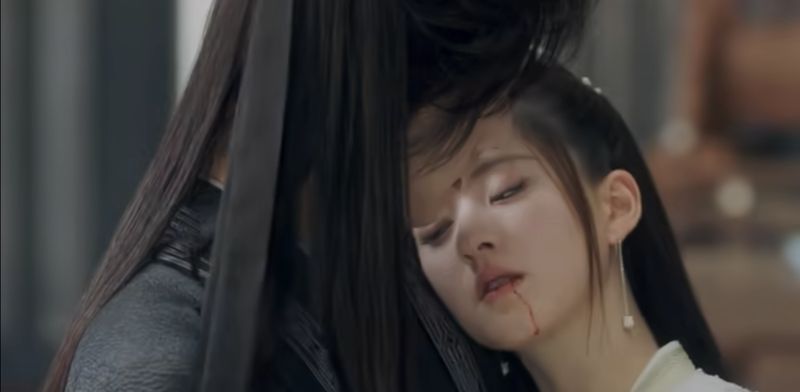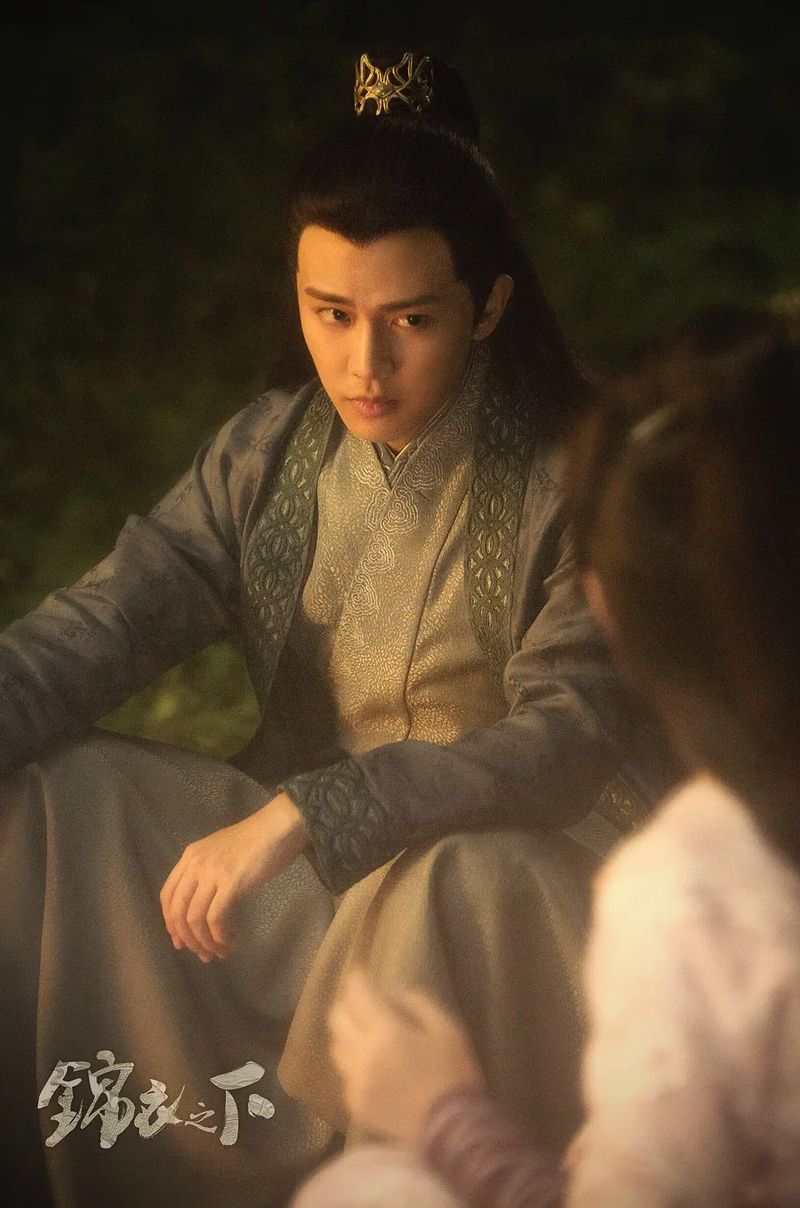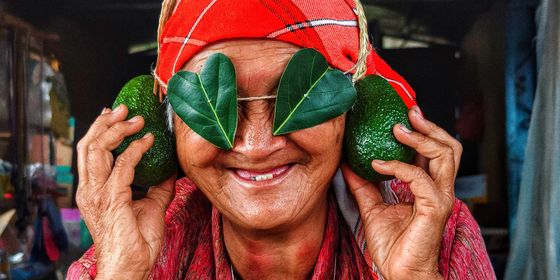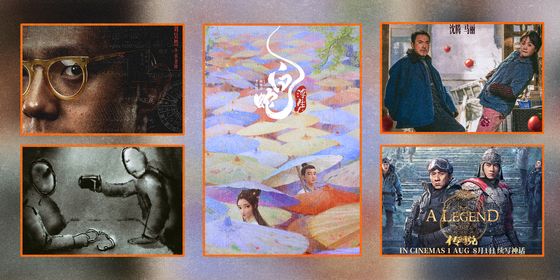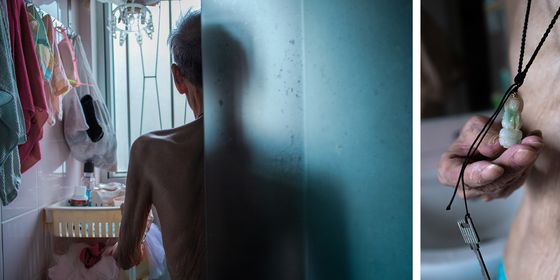How Chinese netizens express disappointment in the poor performance of highly paid actors
Annabel Yao, the daughter of Chinese tech giant Huawei CEO Ren Zhengfei, is one of Chinese netizens’ least favorite actors. When she played the role of a narcotics police officer in the TV series Ice Hunt released on February 21, netizens criticized her exaggerated and wooden performance, especially when she was holding a gun. They labeled it “chicken-eating acting (吃鸡式演技 chījīshì yǎnjì),” as her gesture mirrors the animation in the popular online game PUBG (known as 吃鸡, literally “chicken-eating”).
She is not the first to receive such criticism. Chinese netizens have always been harsh critics of actors, but since the second season of the acting competition reality TV show Memories Beyond Horizon aired on February 24, the criticism of their acting skills has become even more pronounced. At the time of writing, the hashtag for the show on Weibo, the Chinese microblogging platform, has accumulated over 8 billion views and 43 million comments, primarily mocking the actors for their performances.
The show is intended to enhance the acting skills of young actors and deepen their understanding of characters, but instead it “drove the mentors crazy and made audiences physically unwell (逼疯导师,让观众生理不适 bīfēng dǎoshī, ràng guānzhòng shēnglǐ búshì),” commented critic channel Yizhi Tucaoyuan on Chinese streaming site Bilibili, as many participants delivered what netizens described as “car crash performances (演技车祸现场 yǎnjì chēhuò xiànchǎng).” Many accuse these actors of “challenging the audience’s tolerance (挑战观众的宽容度 tiǎozhàn guānzhòng de kuānróngdù)” in the comment section on Weibo and Bilibili.
The performances of actor Ji Lingchen are especially singled out and criticized for being “stiff, awkward, exaggerated, and greasy (表演生硬、尴尬、浮夸、油腻 biǎoyǎn shēngyìng、gāngà、fúkuā、yóunì).” Review channel “I Have Nothing To Say” on Bilibili even described his performances as “venomous acting (演技歹毒 yǎnjì dǎidú)” to illustrate the awful impact they have on the audience’s psyche.
Other contestants on the show have also been accused of employing a well-known technique: “the triple combo of staring, mouth opening, and eyebrow raising (瞪眼、咧嘴、挑眉毛三件套 dèngyǎn、liězuǐ、tiǎo méimao sān jiàn tào),” to display emotion (ineffectively). But “despite their facial features exerting maximal effort, there’s no emotion in their eyes (五官用尽了全力,但眼睛里没有感情 wǔguān yòngjìnle quánlì, dàn yǎnjīng lǐ méiyǒu gǎnqíng).”
Many celebrities in China, especially those with no professional acting training or background, have long been criticized by netizens for their poor performance on the screen. Model-turned-actress Angela Yeung Wing, better known by her stage name Angelababy, was once ridiculed for “crying with thunder but without rain (哭戏干打雷不下雨 kūxì gān dǎléi bú xiàyǔ)” in plenty of her TV series because she would simulate crying without successfully shedding tears, sometimes resorting to the use of eye drops or turning away from the camera to conceal her tearless face. “I am crying, but I’m only pretending (我哭了,我装的 Wǒ kū le, wǒ zhuāng de),” netizens described her performance.
Others are ridiculed for their emotionlessness even in the most dramatic scenes. When Zhao Lusi’s character in the TV series Who Rules the World is stabbed through the heart with a sword, the actress appears sleepy rather than pained. This prompted netizens to speculate, “Was the sword coated with anesthetic (剑上是涂了麻药吗 Jiàn shang shì túle máyào ma)?”
Actors who deliver dialogue unnaturally are so common that netizens have a term for them. They take the Chinese word for actor (演员 yǎnyuán) and remove the “mouth (口)” radical from the second character to make “演贝 (yǎnbèi),” suggesting that these actors lack the ability to speak effectively on screen.
Actors like Ren Jialun, best known for his drama Under the Power, Xu Kai, popular for his role in Story of Yanxi Palace, and actress Ju Jingyi, a former member of the Chinese idol girl group SNH48, have faced even fiercer criticism for having their lines dubbed by professional voice actors.
Many netizens have found that their affinity for their characters comes mainly from their voices, leading some to say: “Voice actors have made the acting so much better. They’re like the bonus buff to actors. (配音演员的buff加成太大了。Pèiyīn yǎnyuán de buff jiāchéng tài dà le.)” As some netizens on Bilibili put it: “These actors seem like mere stand-ins for voice actors. They owe their careers to the voice actors. (这些演员是配音演员的脸替吧,快给配音演员磕一个吧。Zhèxiē yǎnyuán shì pèiyīn yǎnyuán de liǎntì ba, kuài gěi pèiyīn yǎnyuán kē yí gè ba.)”
Even with fierce public criticism, many production companies still resort to voice dubbing due to actors’ robotic delivery, described by netizens as “AI reciting lines (AI念台词 AI niàn táicí)” or “reciting machines (背台词机器 bèi táicí jīqì).” Many young celebrities are believed to be selected for roles based on their looks and popularity rather than their acting skills. The so-called “data traffic stars (顶流明星 dǐngliú míngxīng),” like Ren Jialun and Ju Jingyi, who enjoy large fanbases, are said to have “good acting only in the eyes of their avid fans (只有粉丝可见的演技 zhǐyǒu fěnsī kějiàn de yǎnjì).”
What’s even more frustrating for viewers is the perception that actors prioritize cultivating their fanbases and signing commercial deals over dedicating time to honing their craft. In addition to using fake voices and shedding fake tears with eye drops, some actors pretend to eat and chew to look more attractive on camera and ride fake horses in the studio instead of acquiring equestrian skills and filming scenes in natural settings. Some creative actors even resort to wearing fake muscles. Ren Jialun, for example, wore a skin-tight suit that made him look more muscular for a role as a merman in 2022. Viewers heavily criticized him for what they believed was a lack of commitment to acting.
Actors’ “expressionless acting (面瘫式演技 miàntānshì yǎnjì)” further evokes audiences’ sympathy for their counterparts in the same show: “It’s like acting in front of a piece of wood. That’s really hard work. (对着一根木头演戏,实在辛苦了。Duìzhe yì gēn mùtou yǎnxì, shízài xīnkǔ le.)”
With so much disappointment in the current entertainment industry, many hoped Beyond the Horizon could be the show where they could finally see some improvement in the stars’ acting. Yet what had promised to be “a gathering of top-tier actors, a clash of titans, turned out to be a competition among rookies (顶流聚集,本来以为是天神打架,没想到是菜鸡互啄 dǐngliú jùjí, běnlái yǐwéi shì tiānshén dǎjià, méi xiǎngdào shì càijī hùzhuó).” As the show goes on, some of the contestants may be on their way to take Annabel Yao’s place as one of the most ridiculed actors on the Chinese internet.

